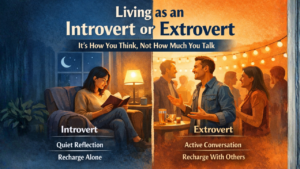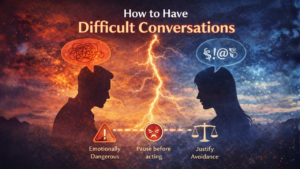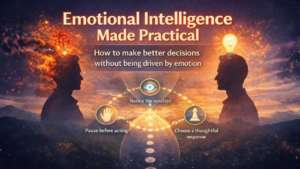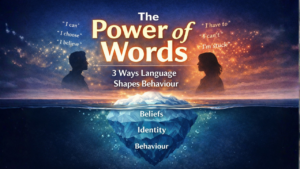Why Empathy Matters More Than Advice: Building a Safe Listening Space
We all crave connection and meaningful relationships. Yet despite our best intentions, our instinct to “help” by offering advice often shuts down the very conversations we’re trying to support. In many cases, empathy over advice is what’s truly needed.
Imagine this: a friend tells you they had a rough day at work. They mention a difficult colleague—but beneath that surface complaint might lie something deeper: feelings of inadequacy, a lack of recognition, or even doubts about their career direction. These are the kinds of concerns that require emotional awareness listening—not quick solutions.
Jumping in with “Talk to your boss” or “Just ignore them” may seem helpful, but it can minimise their experience. It signals that we’re not really hearing them. These well-meant solutions can block the chance to uncover hidden issues that lie at the heart of their concern.
In both personal and coaching concerns in Australia, what people often need most is a safe listening space—a space where they feel seen, heard, and free to express themselves without judgment. Our role is not to fix but to support, guide, and encourage self-reflection.
Here’s how you can practise genuine connection methods that foster trust and deeper emotional understanding:
1. Prioritise Active Listening
Tune into their words, tone, and body language. Reflect back their feelings to show that you’re not just hearing—but truly understanding.
2. Validate Their Experience
Use phrases like “That sounds really tough” or “I can see why you’d feel that way.” Validation builds emotional trust and opens the door to deeper empathy skills.
3. Ask Open-Ended Questions
Encourage depth by asking:
“What’s really bothering you about that situation?”
“How does that make you feel?”
“What do you think would help right now?”
4. Hold Back on Advice
Unless they specifically ask for it, resist the urge to jump into solution-mode. Let your empathy and curiosity guide the conversation instead.
5. Reflect on Your Own Patterns
Do you tend to jump in with fixes? Do you rush to offer opinions? Self-awareness helps you become a more compassionate and connected listener.
Whether in friendships, family dynamics, or professional relationships, emotional insight and connection are key. When we approach conversations with empathy over advice, we empower others to identify and work through their own challenges. That’s how lasting insight—and trust—are built.
Key Takeaway:
True connection comes when we step back from fixing and lean into listening. By offering emotional awareness listening, validating others, and creating a safe listening space, we give people the freedom to explore their own journey. And in doing so, we build stronger, more authentic relationships.






